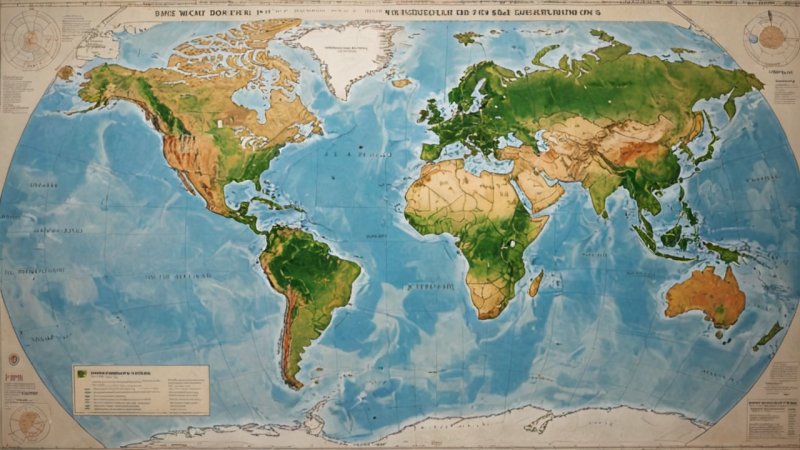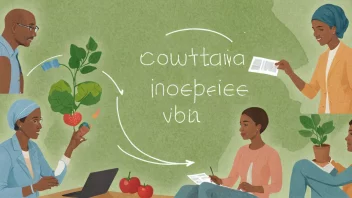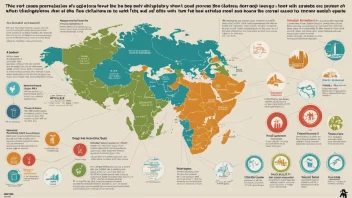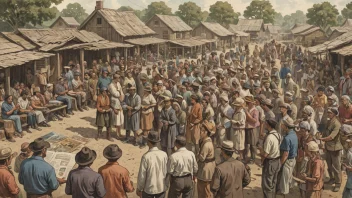Deforestation is a critical environmental issue that continues to plague our planet, with severe consequences for ecosystems, climate stability, and human well-being. As forests are cleared at alarming rates for agriculture, logging, and infrastructure development, it is vital to understand the implications of this practice on global ecosystems and the actions we can take to reverse its effects.
Forests are essential to life on Earth, covering about 31% of the planet's land area. They serve as habitats for an estimated 80% of terrestrial species, playing a crucial role in maintaining biodiversity. When trees are removed, not only is the habitat destroyed, but many species face extinction due to the loss of their natural environment. This decline in biodiversity disrupts ecological balance, which can lead to the collapse of local ecosystems, affecting food chains and reducing resilience to environmental changes.
In addition to biodiversity loss, deforestation significantly contributes to climate change. Trees absorb carbon dioxide, a major greenhouse gas, thereby regulating the Earth’s climate. When forests are cut down, not only do we lose this natural carbon sink, but the carbon stored in trees is released back into the atmosphere, intensifying the greenhouse effect. According to the UN Food and Agriculture Organization (FAO), deforestation accounts for approximately 10-15% of global greenhouse gas emissions, highlighting the urgency of addressing this issue for climate mitigation.
The impacts of deforestation extend to the water cycle as well. Forests play a vital role in regulating water flow and maintaining soil health. Trees help to absorb rainfall and release it slowly, preventing flooding and ensuring a steady supply of water. Deforestation disrupts this process, leading to soil erosion, decreased water quality, and increased frequency of floods and droughts. Communities that rely on healthy ecosystems for clean water and agriculture are particularly vulnerable to these changes.
Socially, deforestation has serious implications for marginalized communities, particularly indigenous peoples who depend on forests for their livelihoods and cultural identity. The destruction of their ancestral lands often leads to displacement and loss of resources, resulting in social injustice and economic disparities. The benefits of deforestation typically favor large corporations, further exacerbating inequalities and undermining local communities.
To combat deforestation effectively, a multi-faceted approach is required. Governments should implement and enforce policies that protect forests and promote sustainable land use. Organizations and grassroots movements can lead reforestation efforts, while businesses can adopt sustainable practices that minimize environmental impact.
Individuals also have a role to play. By making conscious choices—such as reducing paper use, supporting sustainable products, and advocating for environmental protections—people can contribute to the movement against deforestation. Raising awareness within communities can catalyze collective action, encouraging more individuals to join the cause.
In summary, the consequences of deforestation on global ecosystems are profound and urgent. Protecting our forests is essential for maintaining biodiversity, combating climate change, and ensuring the well-being of vulnerable communities. By understanding the impacts of deforestation and taking proactive steps to mitigate it, we can safeguard our planet for generations to come.
The Global Consequences of Deforestation Today
Deforestation poses critical challenges to ecosystems, climate stability, and human well-being, necessitating immediate action to mitigate its effects.






